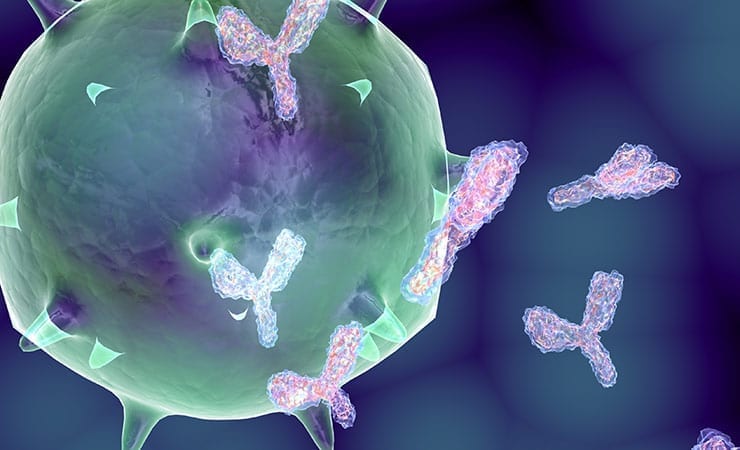Inovio Pharmaceuticals, Inc. has been awarded $12.2 million by the Defense Advanced Research Projects Agency (DARPA) for a collaborative study that will be conducted by scientists from the Perelman School of Medicine at the University of Pennsylvania; Inovio Pharmaceuticals; and MedImmune, the global biologics research and development arm of AstraZeneca.
Under the DARPA project, the group will develop DNA-based monoclonal antibodies (mAbs) for infectious disease treatment.
Together, the three organizations will develop and assess the DNA mAbs in preclinical studies using technology developed by Penn and licensed by Inovio. The collaboration will focus on three disease areas – influenza virus, Pseudomonas aeruginosa and Staphylococcus aureus.
“Monoclonal antibody technology has already achieved multiple market-proven product successes, and we believe DNA-based mAb technology could significantly extend the medical benefits and efficiency of this concept,” said Dr. J. Joseph Kim, Inovio’s President and CEO. “In previous preclinical studies our DNA-based mAbs demonstrated robust virus neutralization and protected treated animals challenged with a lethal virus. We look forward to working with our globally recognized collaborators to advance this potentially paradigm shifting technology.”
MedImmune developed the first mAb approved by the U.S. Food & Drug Administration for the prevention of an infectious disease, and Inovio pioneered the development of optimized DNA-based vaccines and immunotherapies using an efficient delivery mechanism called electroporation. The project proposes an entirely new technology, initially developed at Penn in the lab of David Weiner, PhD, professor of Pathology and Laboratory Medicine, to provide a platform to rapidly protect people against emerging infections through the development of novel synthetic antibodies produced by the patients themselves.
Over the last few decades, monoclonal antibodies (mAbs) have become one of the most important approaches to treat a variety of diseases, however they remain expensive and time consuming to produce and study. They are manufactured outside the body, typically requiring costly large-scale laboratory development and production, and also require frequent repeat administrations and have a limited duration of potency in the body.
DNA-based mAbs have the potential to overcome these limitations by virtue of their simplified design, product stability, manufacturing, dosing frequency, and cost effectiveness, thereby providing potential new avenues for treatment of disease.
The shift seen in new mAb technologies is that the DNA for a monoclonal antibody is encoded in a DNA plasmid, which is produced using very cost effective and highly scalable fermentation techniques. These plasmids are delivered directly into cells of the body using electroporation and the encoded mAbs are then produced by these cells. Using this approach, previously published studies show that a single administration of a highly optimized DNA-based monoclonal antibody targeting HIV virus in mice generated antibody molecules in the bloodstream.
This collaboration aims to demonstrate that the DNA plasmids containing optimized DNA sequences encoded to generate disease-specific mAbs can activate sufficient quantities of specific antibodies in the body to be protective against a pathogen challenge. Using the capabilities and advantages of synthetic DNA plasmids delivered using electroporation, the team will construct and evaluate multiple DNA mAbs.
Successful completion of the initial preclinical activities under the DARPA grant aims to lead to clinical studies on selected product candidates to be funded under a future increment to the award.
Source: Inovio press release, adapted.
Editor’s Note: Recommended related reading: The Value of Next Generation Monoclonal Antibodies for the DoD.


